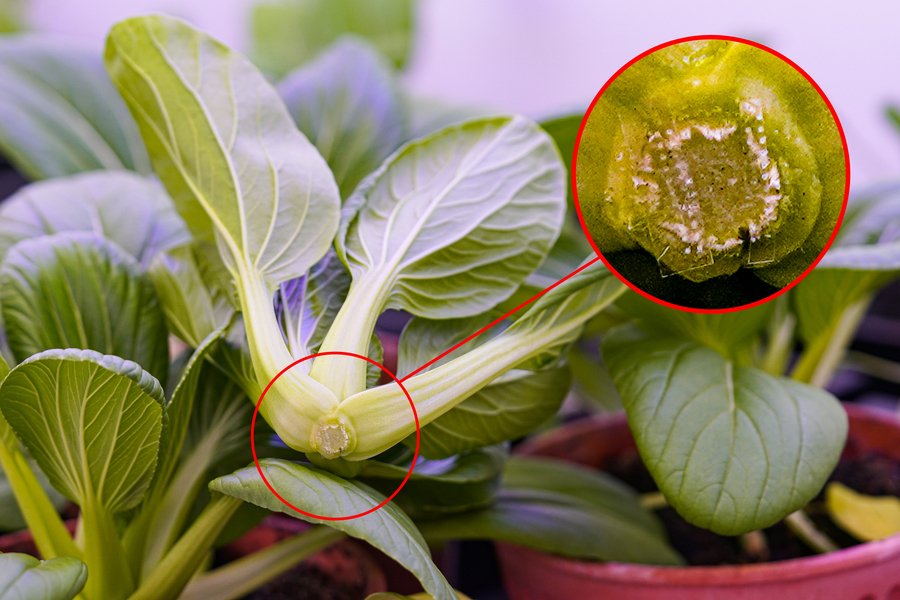Thursday, 26 February 2026
MIT and SMART scientists use microneedles and melatonin to combat global food waste
The innovation tackles a pressing issue: over 30 per cent of the world’s food supply is lost after harvest, according to global estimates, enough to feed more than 1 billion…

The innovation tackles a pressing issue: over 30 per cent of the world’s food supply is lost after harvest, according to global estimates, enough to feed more than 1 billion people
In a groundbreaking development aimed at reducing post-harvest food waste, researchers from MIT and the Singapore-MIT Alliance for Research and Technology (SMART) have developed a novel technique to significantly extend the shelf life of fresh produce. By using biodegradable silk microneedles to inject melatonin directly into plant tissues, scientists have demonstrated that harvested crops can stay fresher for longer, potentially transforming global food preservation practices.
The innovation tackles a pressing issue: over 30 per cent of the world’s food supply is lost after harvest, according to global estimates, enough to feed more than 1 billion people. In regions lacking adequate refrigeration infrastructure, this problem is even more severe. The researchers believe their microneedle patch technology could offer a sustainable, low-cost solution, either as an alternative or a complement to refrigeration.
“This is the first time that we’ve been able to apply these microneedles to extend the shelf life of a fresh-cut crop,” said Benedetto Marelli, senior author of the study, associate professor of civil and environmental engineering at MIT, and director of the Wild Cards mission under the MIT Climate Project. “We thought we could use this technology to deliver something that could regulate or control the plant’s post-harvest physiology. Eventually, we looked at hormones, and melatonin is already used by plants to regulate such functions.”
Melatonin, commonly associated with sleep cycles in humans, plays key roles in plant physiology, especially in response to stress and ageing. In the study, published in Nano Letters, the team applied microneedle patches infused with melatonin to the base of pak choy, a leafy vegetable. The results were remarkable: the treated vegetables lasted four days longer at room temperature and up to 10 days longer under refrigeration.
“Post-harvest waste is a huge issue,” said co-senior author Sarojam Rajani, senior principal investigator at the Temasek Life Sciences Laboratory in Singapore. “This problem is extremely important in emerging markets around Africa and Southeast Asia, where many crops are produced but can’t be maintained in the journey from farms to markets.”
This technology, if scaled, could not only reduce waste but also improve food security and nutritional access in both developed and developing regions. With global food waste contributing to hunger, economic loss, and climate change, innovations like this mark a significant step toward more resilient food systems.
Technology
Deakin University and Bellarine Foods Partner to Develop Sustainable Marine-Derived Proteins
Feb 26, 2026 | Australia
Royal Unveils Refreshed Jute Bag Design for 20lb Authentic Basmati
Feb 25, 2026 | Company News
Australian Medical Bodies Push for Compulsory Health Star Labelling
Feb 24, 2026 | Australia
Food Testing
Australian Medical Bodies Push for Compulsory Health Star Labelling
Feb 24, 2026 | Australia
Tim Hortons Singapore Secures Majlis Ugama Islam Singapura Halal Certification Ahead of Ramadan
Feb 23, 2026 | Company News
More Popular
UAE’s Cult Mochi Brand MOISHI Makes India Entry with CK Israni Group
Feb 26, 2026 | Company News
Roquette Launches Breakthrough Clean-Tasting Pea Protein Isolate
Feb 26, 2026 | Company News
Affron Saffron Attains First Stress Relief Claim by South Korean Ministry of Food and Drug Safety
Feb 26, 2026 | Company News





